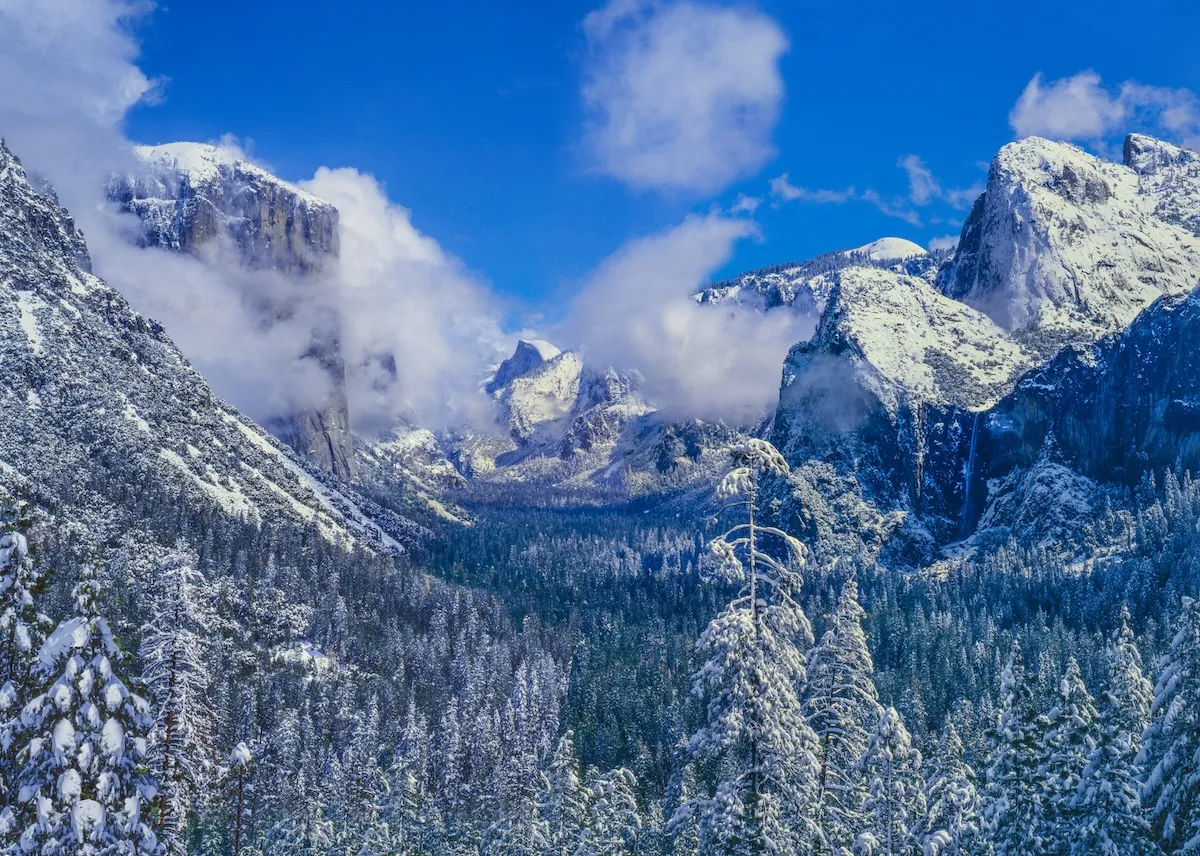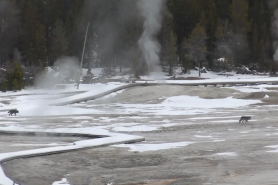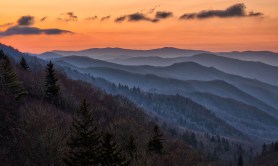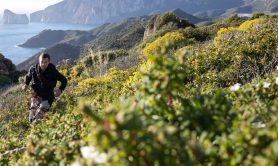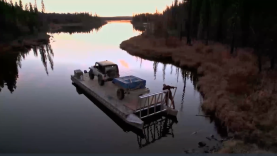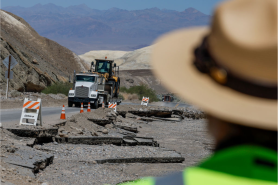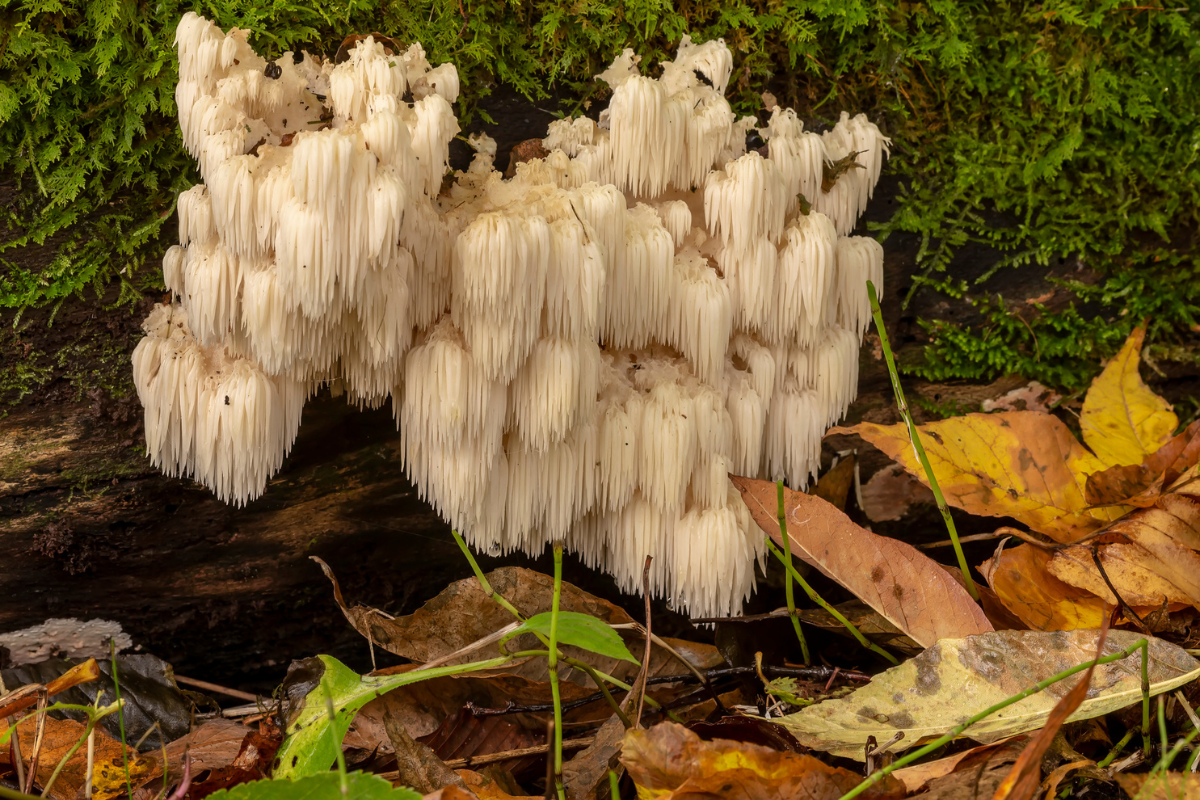

The National Park Service focuses on the principles of Leave No Trace, and in most instances, you’re expected to leave the area that you’re exploring exactly as you found it.
Videos by Outdoors
However, in some cases, you are allowed to forage for forest fungi, and there are some great scientific reasons for why that can be a very good thing.
With that in mind, here are the best national parks across the United States for mushroom foraging.
Quick note: Before you forage, it’s critical to research and understand which mushrooms are safe to eat, and which are potentially toxic. Knowing what you’re picking is critical for your safety. Also, be sure to check each park’s rules and regulations, as those can have specific things to keep in mind.
Great Smoky Mountains National Park
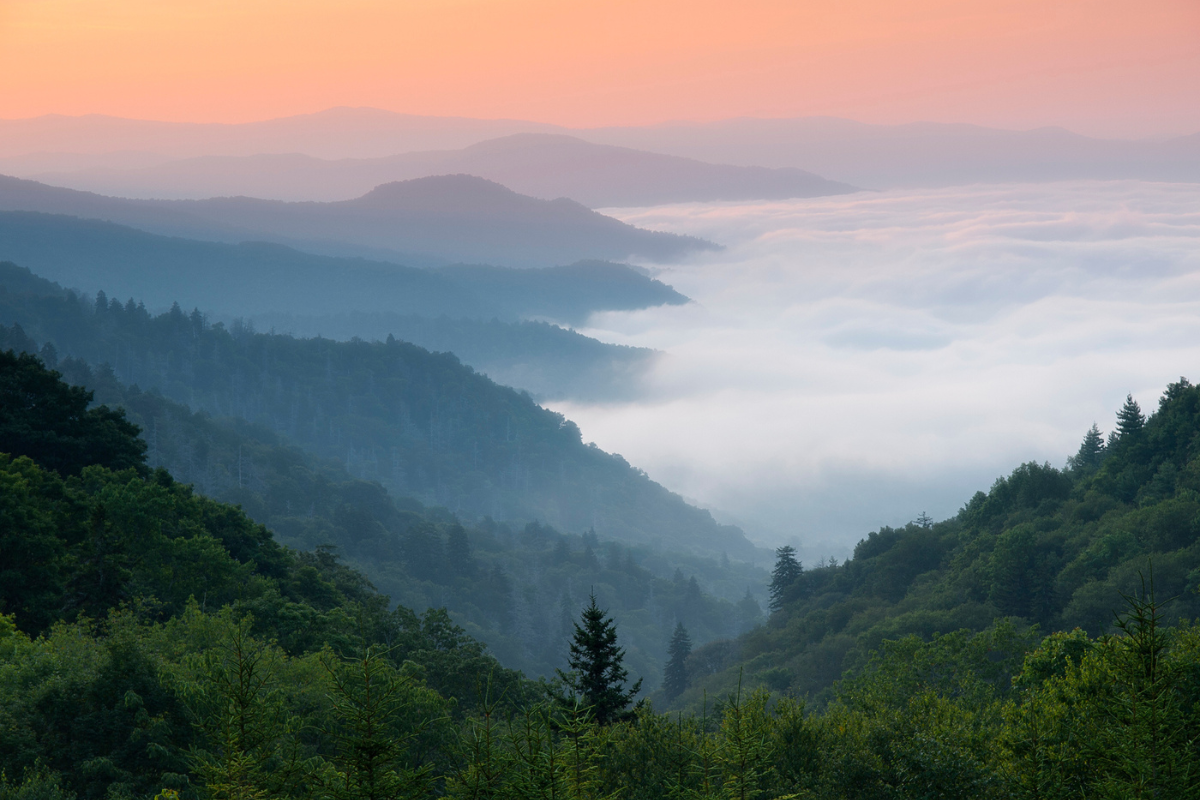
The Smoky Mountains are full of life, and the park is technically in a rainforest, meaning all the moisture is great for mushrooms. The Tennesee and North Carolina border park has dozens of mushroom species.
Foraging is allowed in the park, but you need to follow the rules. This starts with only picking edible species. Also, foragers must avoid picking mushrooms near trails and must be at least 100 feet away from roads, parking and picnic areas, campgrounds and other facilities. Visitors can pick one pound per person per day.
New River Gorge National Park
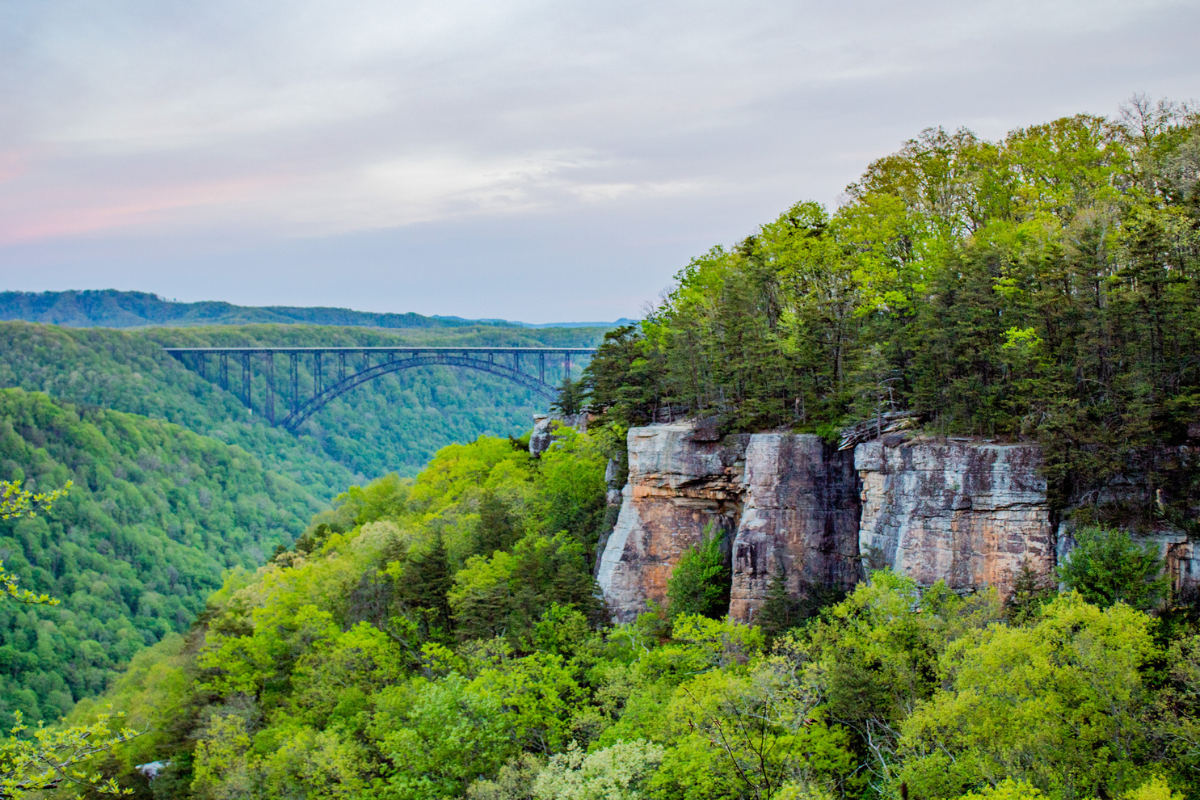
North of the Smokies, you’ll find yourself at the newest national park, the New River Gorge. Nestled in the Appalachian Mountains of West Virginia, the park is similar to GSMNP, with abundant plants and greenery. The New River Gorge may be the best national park for mushroom foraging. Even the rules are very easy to follow.
Foragers can take one and a half gallons of forageable fruit, plants and mushrooms. The only stipulation for mushrooms is they must be edible. Park officials say the mushrooms are “sufficiently available” in the park. Therefore, there is no concern about the adverse effect of over-harvesting.
Olympic National Park
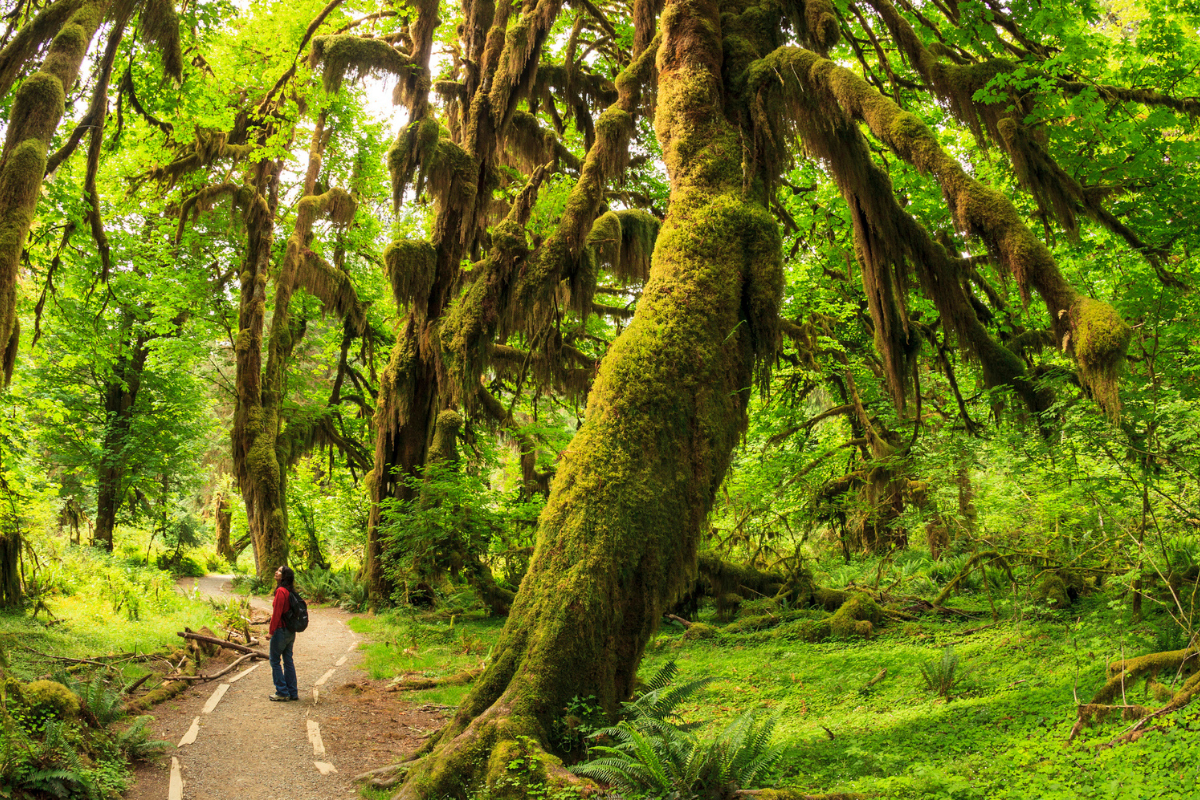
Heading across the country to Olympic National Park, where another rainforest brings life into mushrooms throughout the park. Olympic is known for its diverse ecosystems. Dozens of mushroom species can be found there, including poisonous ones, so be sure to know what you’re looking for.
Park officials say the best time of year to find mushrooms is after the start of fall rains up until the first major frosts.
Legally, you can collect up to one quart per day.
Mount Rainier National Park
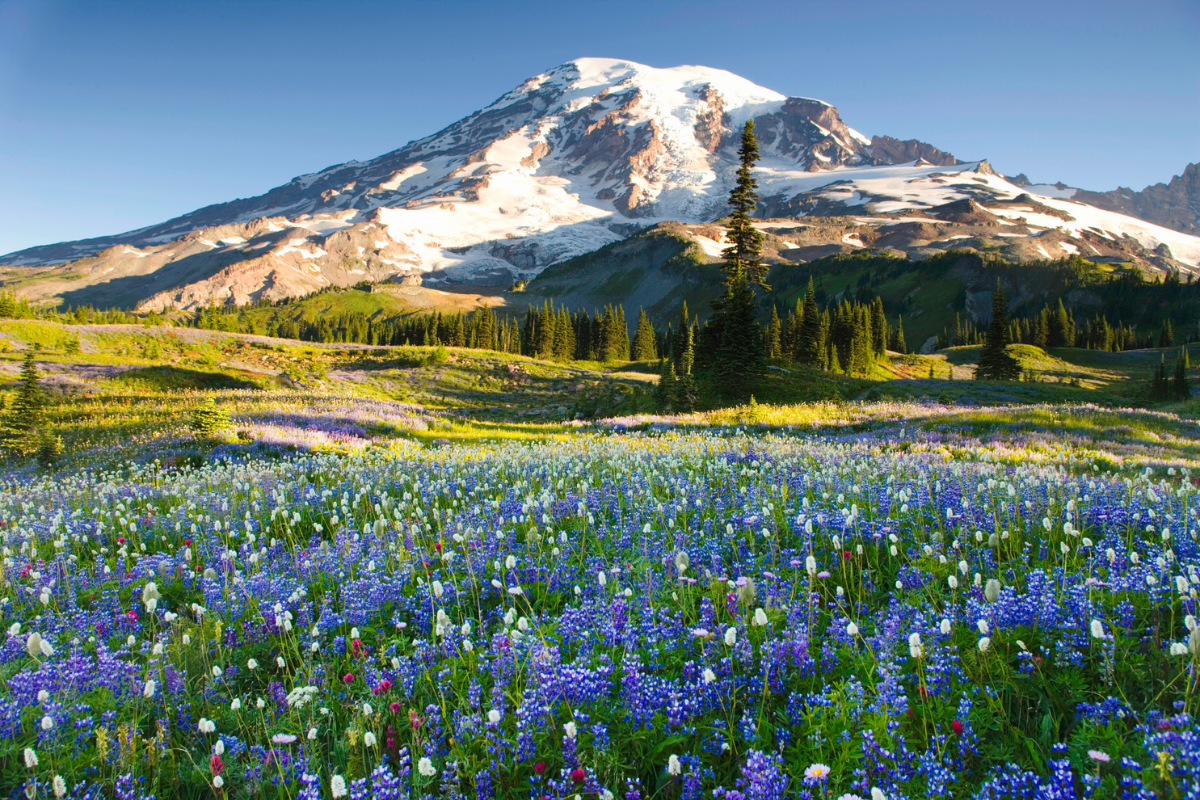
Mount Rainier’s ecosystem is not as diverse as Olympic, but the Pacific Northwest park is still a great place to find mushrooms.
Like many similar parks, there are dozens of mushrooms there, but park officials warn anyone to be 100% sure they know which mushroom is which. The park has many poisonous species, including the funeral bell, also known as the death cap, a species of mushroom that can cause severe liver damage and eventually death if not treated quickly.
For those with mushroom foraging knowledge, park officials say to go in the late summer and fall. Must mushrooms can be found around the lowland forest area, including trails near Longmire, Ohanapecosh and White River.
Visitors can pick one gallon of mushrooms per day.
Ready to start foraging but worried about picking a dangerous mushroom? Take a foraging class to learn foraging safety.
